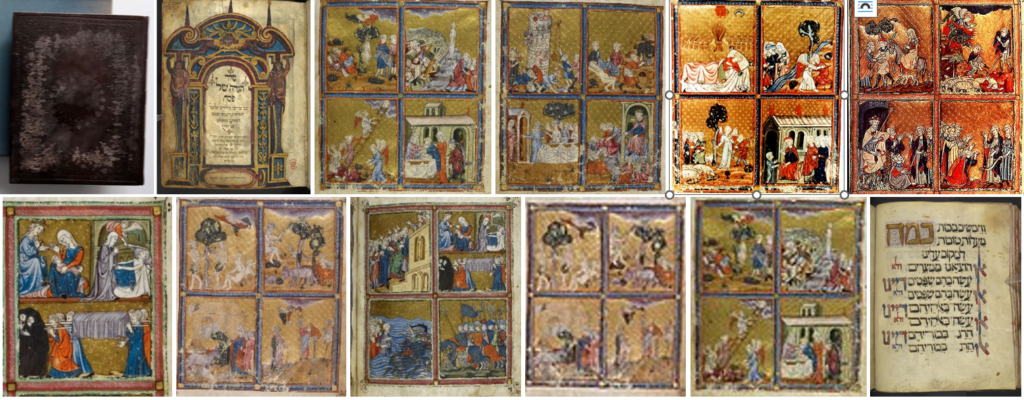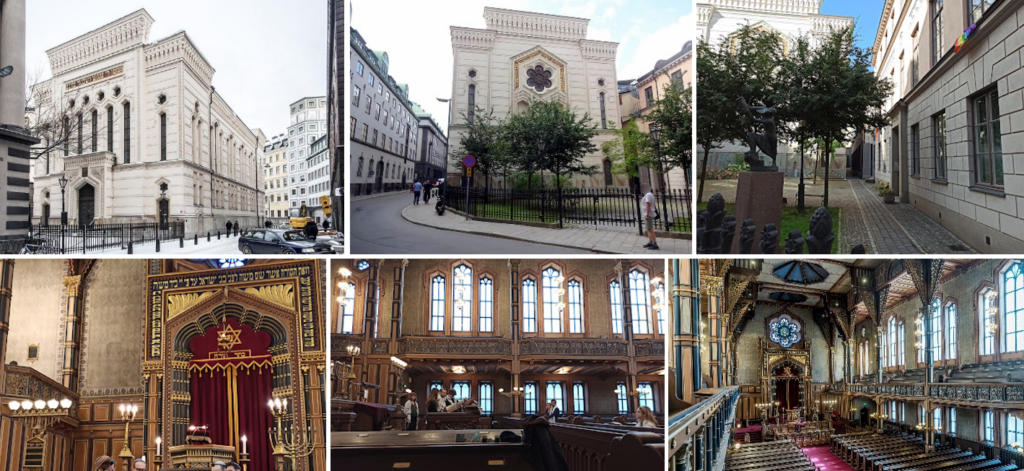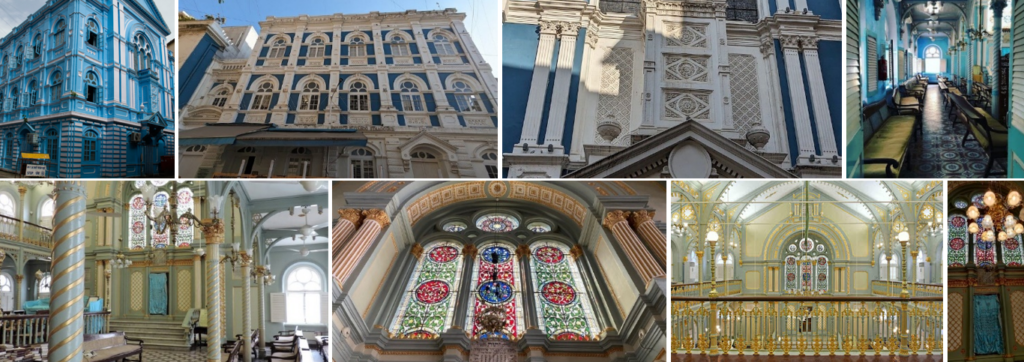
Tzav (צו – prescribe), Shabbat Ha-Gadol, Passover
Leviticus 6:1 to 8:36, Malachi 3:4 to 3:24, Exodus 12:21 to 12:51. Numbers 28:16 to 28:25, Joshua 5:2 to 6:1
Preparation for Deliverance:
In Tzav, the laws regarding sacrifices are prescribed. The text also describes the consecration of priests and their garments. The prophet Malachi announces the return of Elijah before the “great and dreadful day of the Lord“. He calls the people(1) to repentance and justice. The Torah reading of the first day of Passover recounts the final preparations before the Exodus from Egypt; the maftir details the specific sacrifices for Passover, and the haftarah speaks of those offered during the entrance to the Promised Land.
Exodus 12:42
לֵיל שִׁמֻּרִים הוּא לַיי, לְהוֹצִיאָם מֵאֶרֶץ מִצְרָיִם: הוּא-הַלַּיְלָה הַזֶּה לַיי, שִׁמֻּרִים לְכָל-בְּנֵי יִשְׂרָאֵל לְדֹרֹתָם.
It was a night of watchfulness for the Lord to bring them out of the land of Egypt; it is the night that the children of Israel must observe for the Lord throughout their generations.
The Golden Haggadah is an illuminated Hebrew manuscript, probably of Catalan origin, created between 1320 and 1330 on parchment. It is adorned with fourteen miniatures, each consisting of four scenes set against a golden background, in a high-Gothic style. The text is written in square Sephardic calligraphy. This manuscript may have been taken to Italy by Jews expelled from Spain in 1492. The 17th-century Italian binding, in dark brown sheepskin, is decorated with fan-shaped motifs. It is preserved in the British Library under reference MS 27210.
(1) The Jerusalem Talmud (Megillah 1:11) suggests that the name Malachi (מַלְאָכִי – Malakhi, meaning “My messenger”) could be a pseudonym, indicating a universal mission. Furthermore, commentators like Rashi and Ibn Ezra highlight in their commentary on Malachi that “the name of God will be great among the nations“, reflecting a vision in which Malachi’s prophetic message encompasses all nations.









